
F**k Purpose!
(25 min read)

Alejo José G. Sison, the renowned Spanish-Filipino philosopher, takes us on a thrilling journey towards the core of virtue ethics, from the perspective of Catholic Social Teaching (CST). Alejo has written extensively on ethical issues in business and management and in our interview we continue to explore the implications of Virtue Ethics for organisational governance and transformation. We dive deeper into Alejo's "common good" theory of the firm and also discuss - en passant - the need for moral capital of leaders and the intriguing challenges at the intersection of Ethics and AI. Brace yourself for an stimulating exploration of the "ultimate value proposition"!
Jump to
Why is the interview important? Who are we talking to?

ALEJO SISON
We chose to interview Alejo for three specific reasons. Firstly, we wanted to further deepen our understanding of virtue ethics, in the context of "Thomism", MacIntyre's notion of practice and Catholic Social Teaching. What exactly is good, both private and common? What is the relevance of Aristotelian telos versus ergon? Secondly, Alejo had extensively studied management from the perspective of Aristotle's political philosophy and we were intrigued by Alejo's attempt to operationalize virtue ethics in modern corporate governance, a topic that is at the heart of our inquiry. Finally, we wanted to further scrutinise the linkage between virtues, "eudaimonia" and happiness, in order to understand better how individuals could practically cultivate a good character and lead a good life.
Alejo Sison is a professor for business ethics at the School of Economics of the University of Navarre. He is Visiting Ordinary Professor at the Busch School of Business of the Catholic University of America and Adjunct Professor at the McCourt School of Public Policy, Georgetown University. He was President of the European Business Ethics Network (EBEN) from 2009 to 2012. In 2019 he was elected to the board of the Society for Business Ethics and in 2023 he will be President.
His research is at the juncture of ethics, economics, and politics, with a focus on the virtues and the common good. In our interview, we discuss a virtue ethics perspective on the theory of the firm, corporate governance, the moral capital of leaders, Ethics and AI, and also his latest sole-authored book on “Happiness and Virtue Ethics in Business: The Ultimate Value Proposition” (Cambridge University Press, 2015).
Exploring the Critical concepts for this session
A Resource Kit to launch your explorations
Selected published works
Live video recording and podcasts
What have we learned? Our "Best Bit" takeaways from the Interview
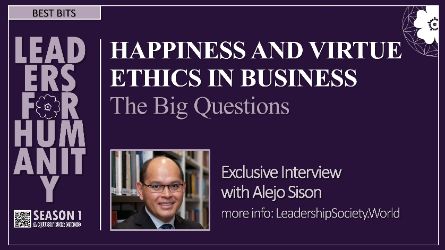
KEY INSIGHTS FROM THE INTERVIEW FOR OUR INQUIRY
Here you can find the most memorable insights from our interview, related to our three inquiry questions. Simply select from the drop down menu on the right -->
Share the most popular quotes on social media: Just click + save picture + post!
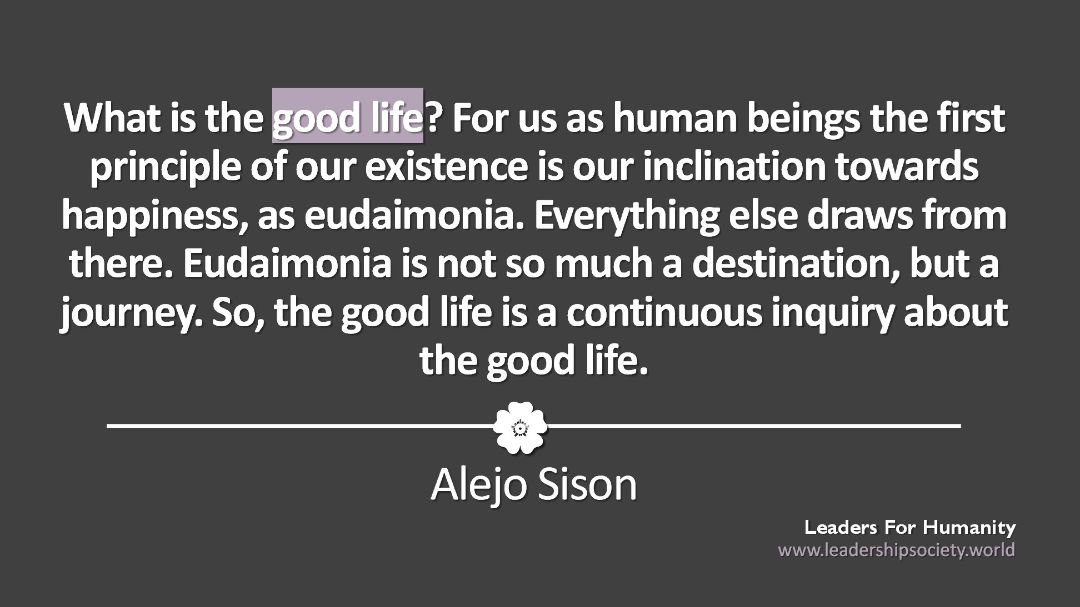
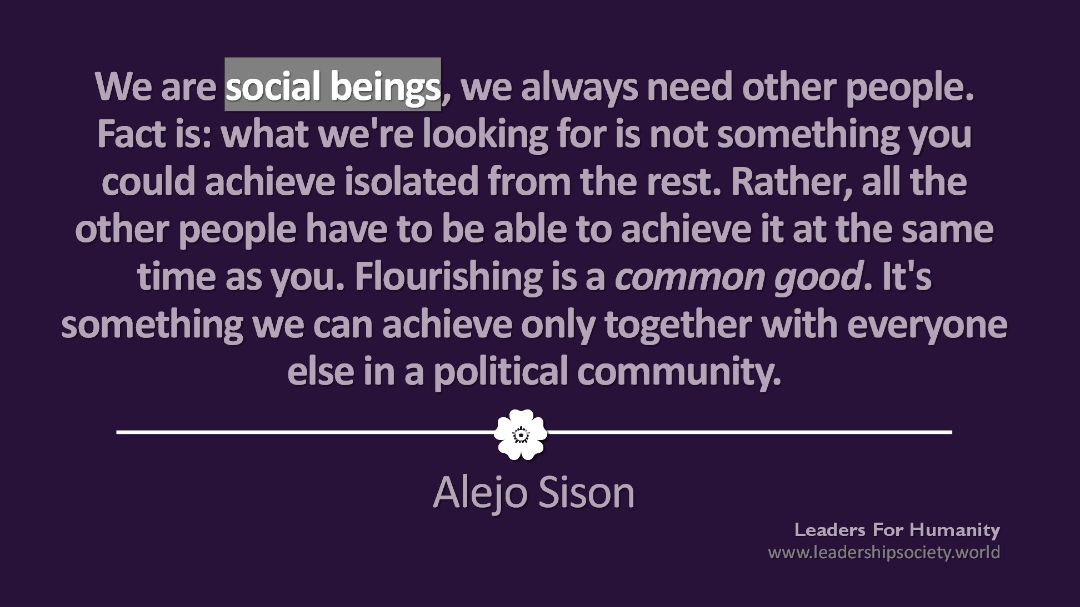
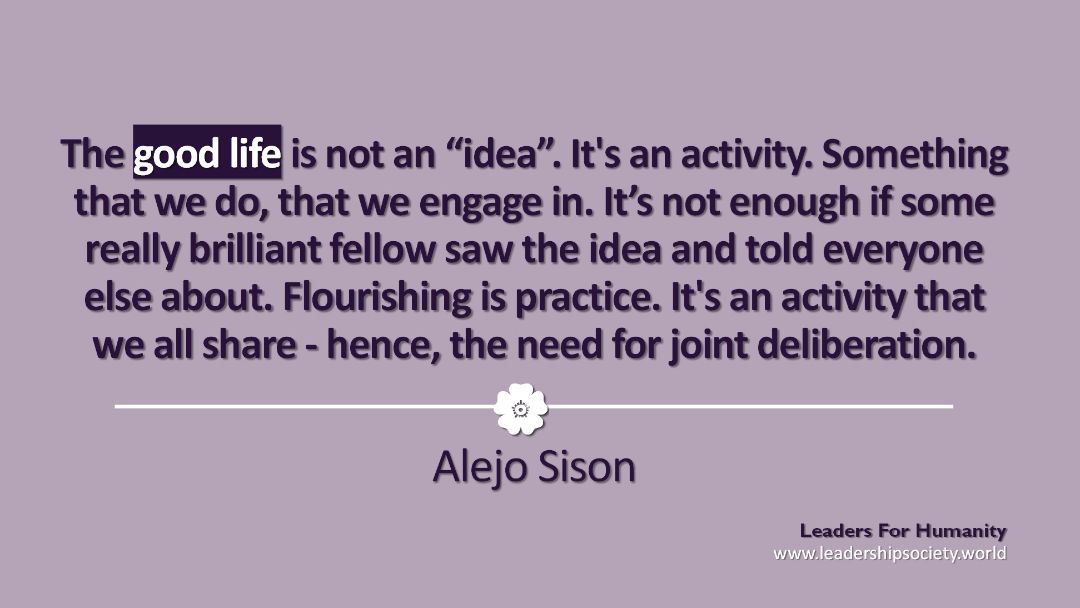
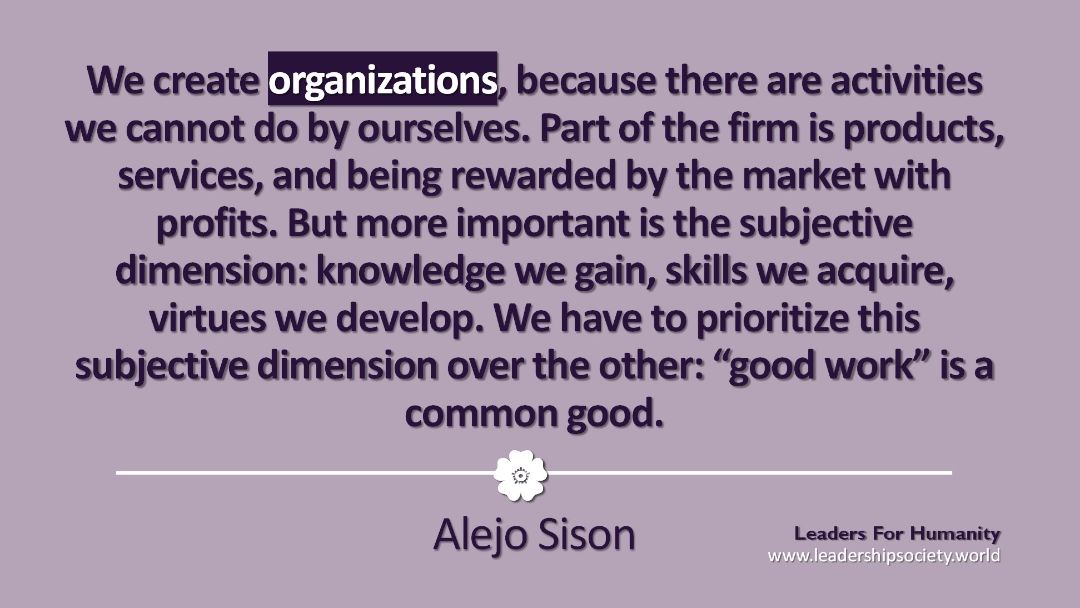
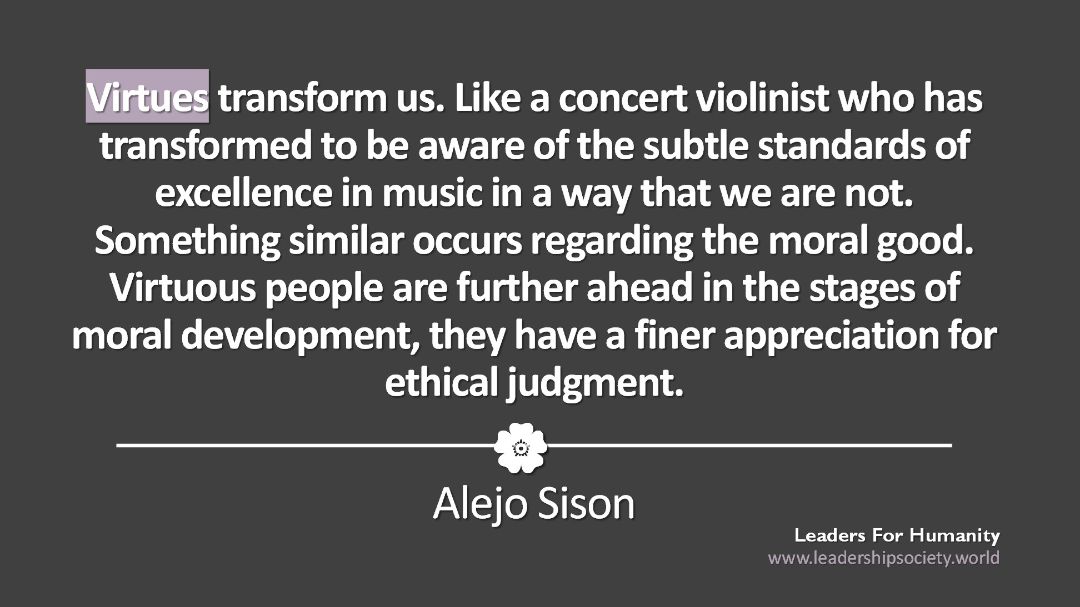
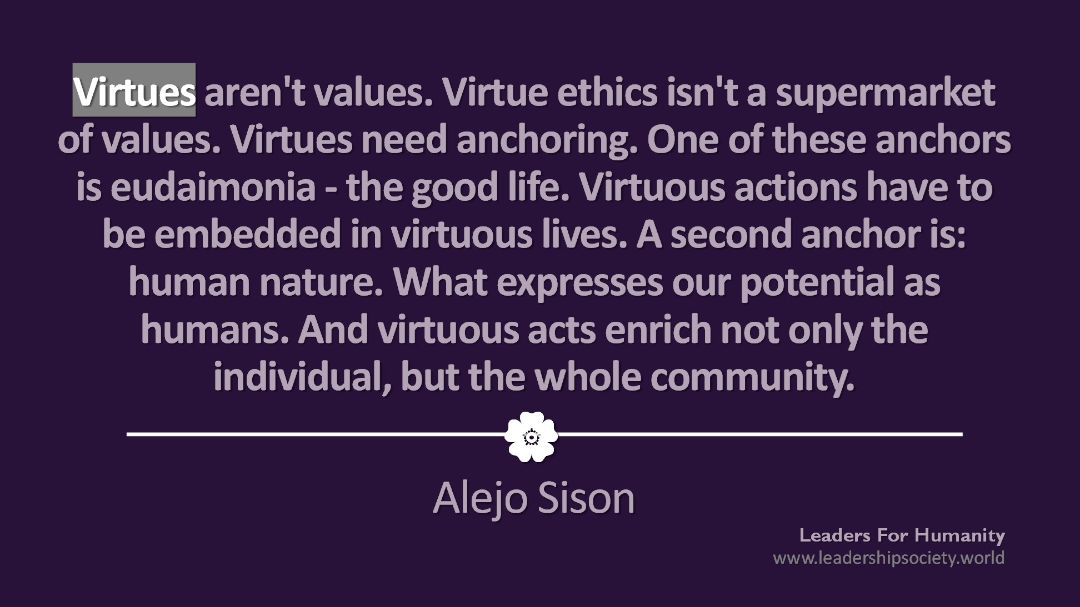
Unleash your curiosity and discover new insights
Dive deeper into Virtue Ethics and its comparison to other moral systems




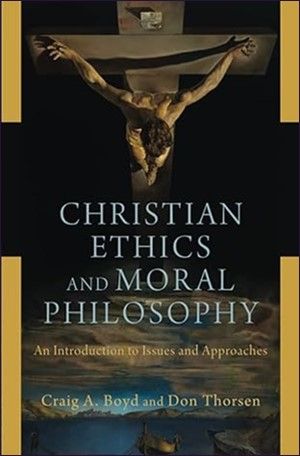


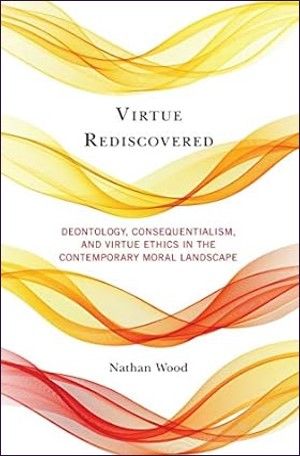


Related blog posts

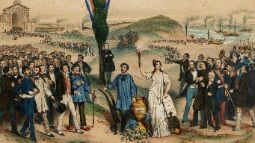
Explore all the popular interviews in this section